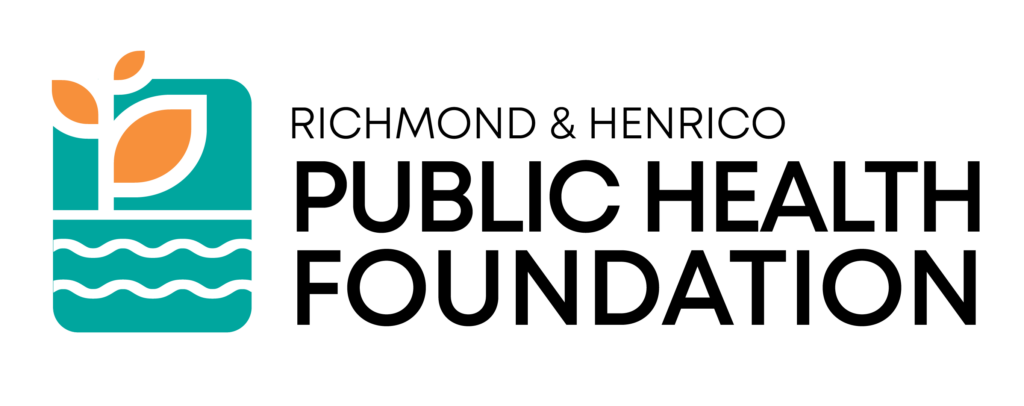Health Equity Fund
Investing in community initiatives to address health disparities
The Richmond Health Equity Fund invests in community-led programs, initiatives, and leaders to improve health and quality of life in communities experiencing deep health disparities and the longstanding impacts of racism.
To-date:
The HEF has invested $1.6 million in 17 organizations working to improve health and address root causes of health disparities in communities across Richmond.
Additional investments are being made ongoing in community organizations and initiatives filling gaps to address health disparities.
How the Health Equity Fund Works
The Richmond Health Equity Fund is managed by Richmond and Henrico Public Health Foundation.
While RHPHF and Richmond and Henrico Health Districts serve all of Richmond and Henrico, with current funding, the HEF only considers and funds projects taking place within the City of Richmond.
We understand deeply that residents in Richmond and Henrico and the broader region face many of the same health challenges and systemic injustices, but the federal funding that makes the HEF possible has been specifically allocated to Richmond and cannot fund projects in Henrico at this time.
Community Advisory Committee
To prioritize where the HEF makes investments, a Community Advisory Committee (CAC) of Richmond residents informs and leads these decisions. CAC members have a combination of both lived and professional experience in the health disparities of focus for the HEF.
The CAC has helped to shape the process, championing community-based nominations, as well as the selections for funding, weighing complex questions of how the HEF can best fill gaps to address community needs.
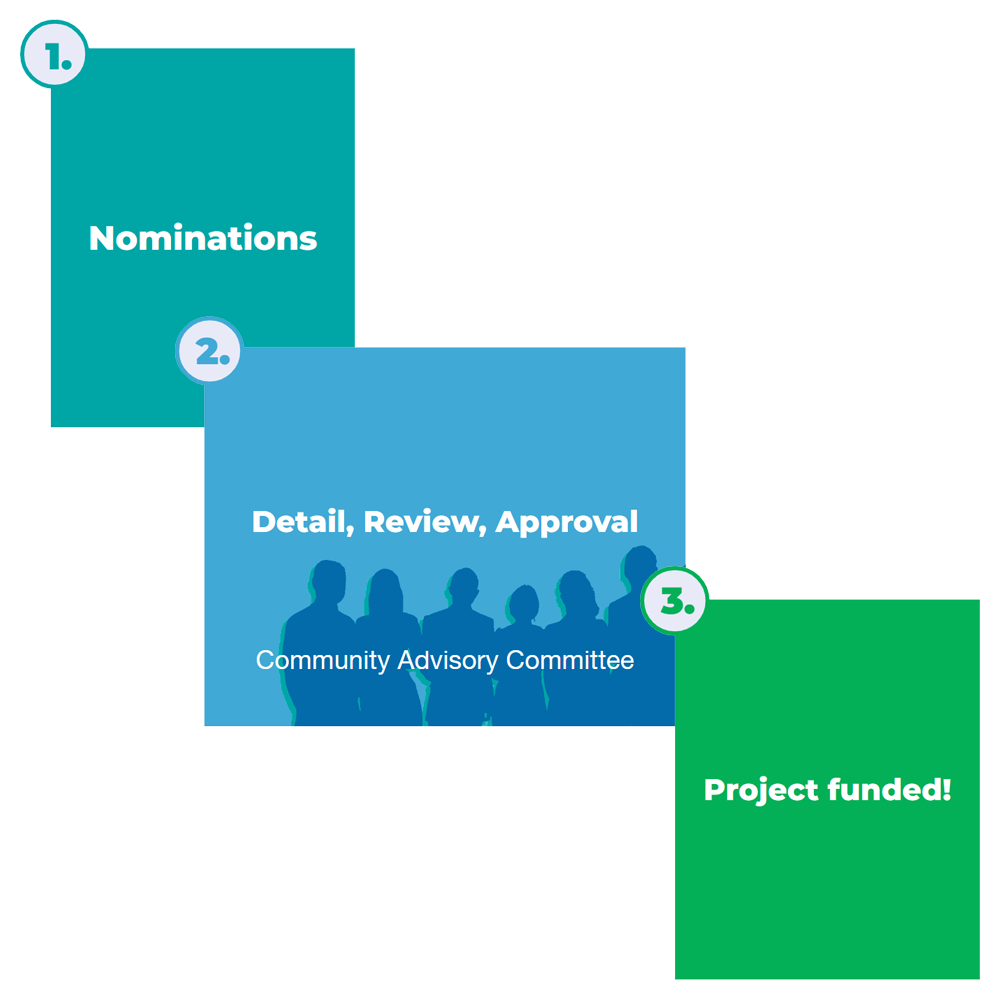
HEF Funding
Funding Priorities
Consistent with the Mayor’s Equity Agenda, the HEF invests in new work — or supports expansions or enhancements to existing work — led by nonprofit and community organizations that directly addresses a range of health disparities, including:
- Access to care and health education
- Food access and security
- Maternal and child health
- Mental and behavioral health
- Substance use, treatment, and recovery
- Underlying health conditions
- Other emergent health outcomes where Richmond’s populations have disparate burdens, as indicated by trends in data and community engagement processes
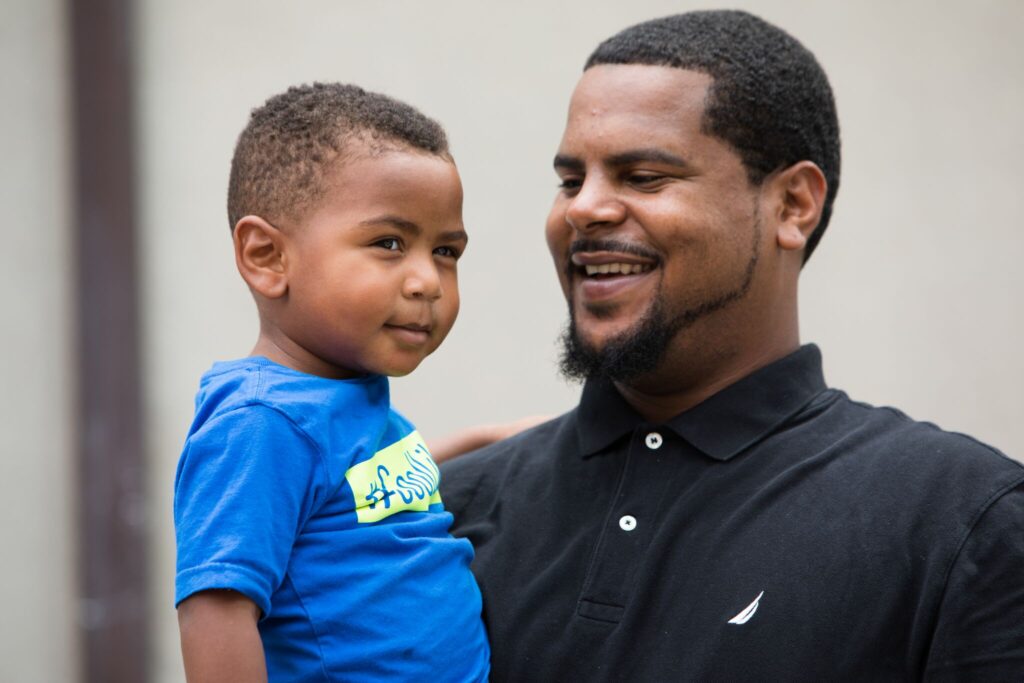
HEF Applications
The HEF funds projects that serve Richmond residents – addressing health disparities and building strong, thriving communities across the City.
Gaps in funding and resources too often create or exacerbate disparities in our health outcomes. The HEF seeks to fill these gaps for vital, innovative, evidence-based initiatives. Single organizations, collaboratives, and individual leaders are all eligible for funding. Funding decisions are made with the HEF’s Community Advisory Committee.
The HEF is not currently accepting applications. Applications will open in May 2024.
Health disparities in communities across Richmond are longstanding but many deepened during the pandemic. After establishing the HEF, the City of Richmond and RHPHF provided immediate funding to several projects that will have a direct, near-term impact on community health. Since then, our partnerships have grown to include 17 unique organizations.
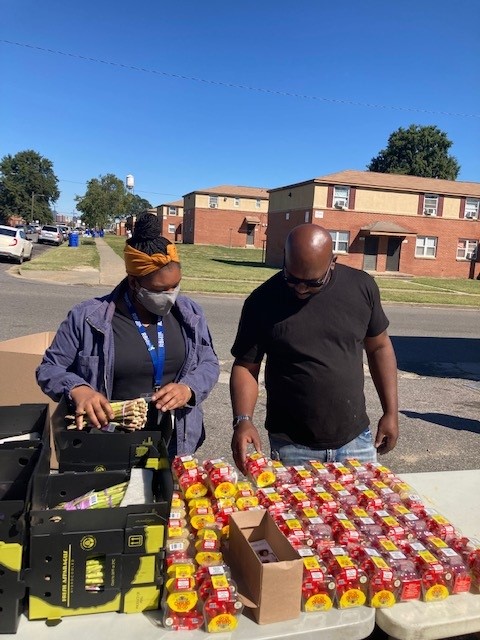
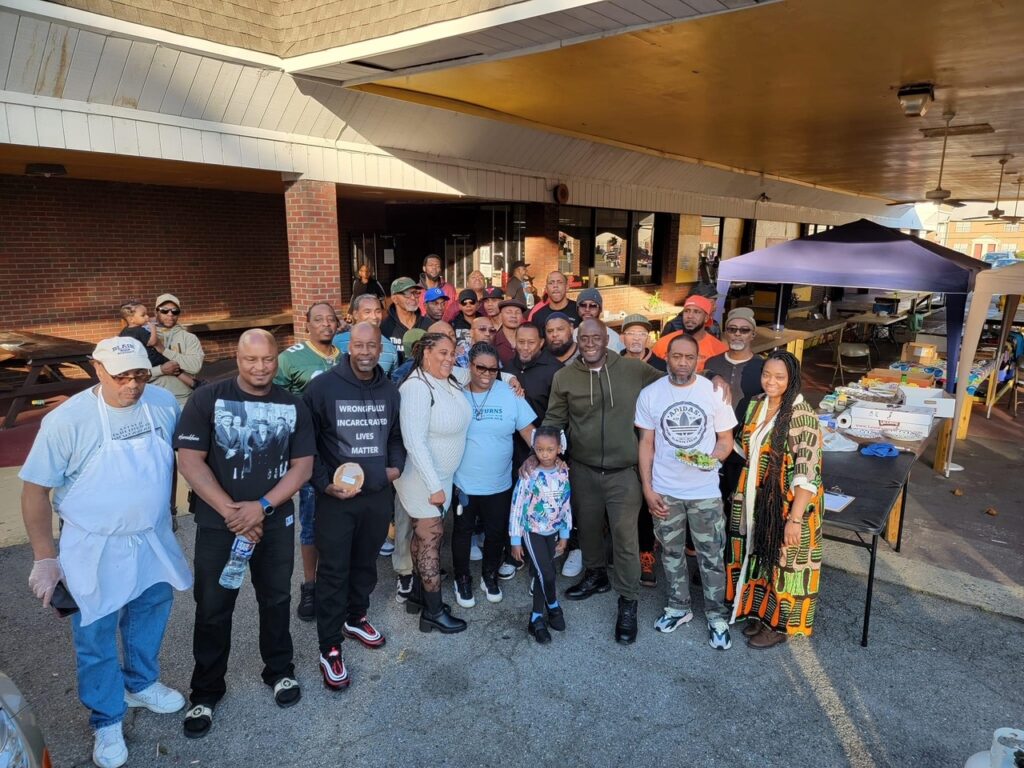
Access to Care & Health Education
Crossover Healthcare Ministry
Cultural and language supportive services to ensure access to testing and treatment and connections for broader follow up care.
Daily Planet Health Services
Personal follow up and support for unstably housed patients to ensure access to up to date vaccination and connections to primary care.
Nationz Foundation
STI/STD testing and emergency support services.
Sacred Heart Center
Vaccine and other resource access and referral services for Spanish-speaking clients.
Food Access & Security
The Happily Natural Day
Three-season youth farming program and online urban farm fellowship.
Waymakers Foundation
Culturally relevant emergency nutrition services.
Maternal & Child Health
Birth In Color, Healthy Hearts Plus II & Urban Baby Beginnings (Doula Collaborative)
Access to community doulas for Richmond families and training and certification support for doulas.
Urban Baby Begginings (Maternal Health Hub)
Maternal hub program providing an allotment of diapers to families in need.
Virginia Prison Birth Project
Doula services and perinatal programs that support justice-impacted birthing people in prison, jail, rehabilitation facilities and on probation in the community.
Mental & Behavioral Health
Daily Planet Health Services
Mental and behavioral health care support for those experiencing homelessness and housing insecurity.
RBHA
Expanding community and individual mental health services in three RRHA community resource centers.
The Hive
Community based, healing-centered case management program for youth touched by the criminal legal system.
Substance Use, Treatment & Recovery
Gateway Community Health
Love Cathedral Education Academy (LCEA) curriculum implementation and recovery-centric services to assist those in treatment or in recovery for substance use disorder.
OAR of Richmond
Transitional housing support and case management for residents returning from incarceration settings with a history of substance use.
Nolef Turns
Transitional housing support and case management for residents returning from incarceration settings with a history of substance use.
REAL LIFE
Transitional housing support and case management for residents returning from incarceration settings with a history of substance use.
Underlying Health Conditions
Virginia Community Voice
Community-engaged design and planning for holistic healing space.
Questions? Connections?
We add updates and information to this site to inform our communities and partners on the HEF’s activities.
For additional information, contact Shaleetta Drawbaugh, the Program Officer for the HEF.
